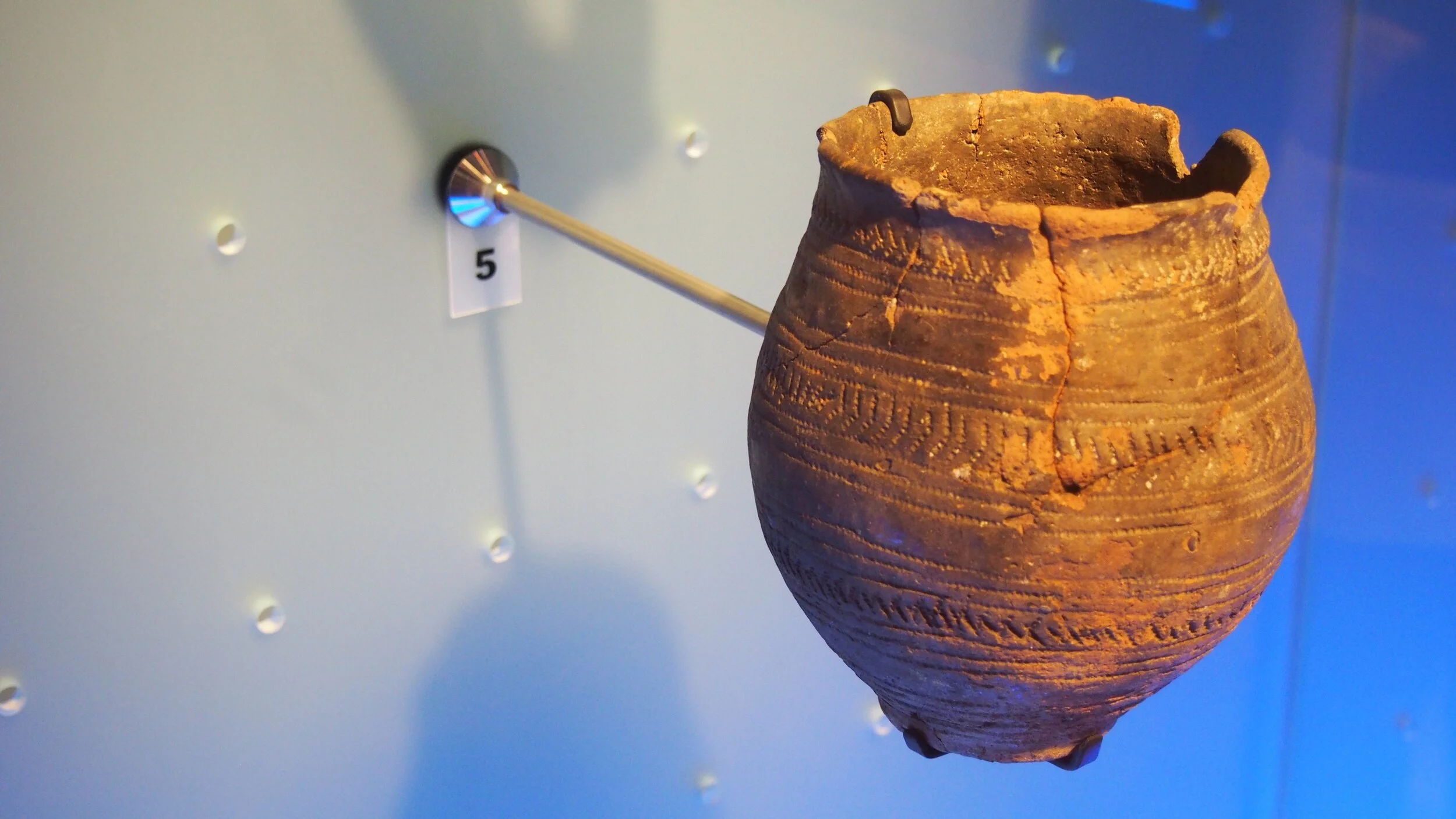Something I’ve been thinking about recently is my role in the work I do, and what happens in the sessions that I facilitate. I’m trying to understand it so that I can change the way I communicate about my work to others. Often the ways I’ve said things in the past, the explanations I give, haven’t quite hit the mark and I’ve been surprised to hear other people reflect back to me a practice that sounds like mine but is not quite what I intend. It’s time to address that, for me to assume the responsibility for making it clear.
I’m not sure I’m quite there yet, but one thing I know is central to my work (and to me, in general) is questions and questioning. I am deeply curious about most things; I love to know why things are the way they are, how they work, what is going on. I can trace this back to my childhood, learning to question how things work and why by my scientist Dad. But almost everything I’ve chosen to do since has centred on asking questions.
It’s tempting to think that everyone who studies archaeology harbours secret desires to be Indiana Jones or Lara Croft (I’m really showing my age here), that it’s the excitement of the discovery or the chase, and of course, treasure. The reality of archaeology in the UK (especially) quickly puts paid to those notions, and if you’re not up for weeks of digging in the rain only to discover a few post holes and the odd fibula or coin, then you quickly realise it’s not for you. It was never about treasure for me. I was interested in how people could answer questions about the past through what is uncovered. I was intrigued by the process of understanding and developing knowledge about people long gone, using only the evidence of what was left behind and what survived. I’m not really sure that I even cared what the ‘answers’ were, the narratives created. I was interested in asking the right questions, looking at things from different perspectives.
What I loved about archaeology was the range of information that objects contained when you asked the right questions. It was a simple step, then, from a career discovering these objects to one where I interacted with them once they were found – Museum Education. I worked in three very different museums, with different institutional approaches to learning and audience engagement. In some I was asked to be a source of knowledge, of facts, in others I was asked to facilitate understanding. I always found the second approach to be more my cup of tea. I’m not denying there are facts about objects but I think there are a vast number of questions we can ask, many of which don’t have answers. We can choose to interpret objects in terms of what they were and how they were made/used but we can also choose to interpret them relative to our own experiences, how they are similar or connected to things we do, think or believe now. In my favourite roles, we built connections between people and objects, by asking questions that visitors would answer for themselves, where everyone had access to a different range of knowledge and all interpretations were invited and explored.
In so many ways the work I do now is a lovely combination of these previous careers. I do not interact with makers from a place of knowledge, I come to it from a place of discovery. We work together to uncover things about your creative practice; I ask questions that highlight things that have been overlooked or shed light on a new way forward. You might have noticed that I talk a lot about regular creative practice reviews and reflections. This framework of questioning your practice, spending time allowing things to become clear, learning what works and what doesn’t – it makes going forwards easier. I believe that a creative practice must be critical, must challenge itself and seek to understand itself, if it’s going to evolve. Questioning is how this happens.
For me, questions are possibilities. They are not closed, with fixed answers, they are invitations to imagine new ways of doing things. What opportunities does this offer? Where could this lead? Why does this feel so challenging, and what might that mean? What do I need most, right now? Questions that allow for our whole selves to be present and acknowledged, within our practice. Questions that aren’t just providing solutions, or answers for others, but that are opening up our own awareness of what is happening in our work, listening for our inner sense of direction to show us the way. What if I ask myself the questions I am avoiding? What if I look at this another way? What if I see what happens when I do this? What if I let myself play? What if I share this vision with someone else? What if…?
